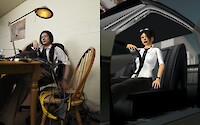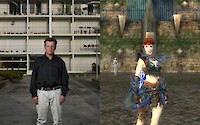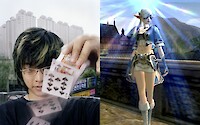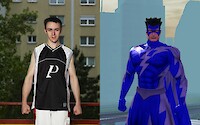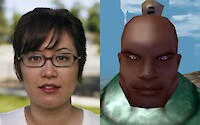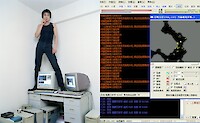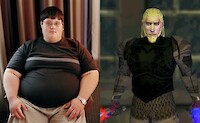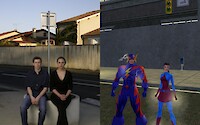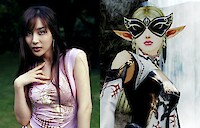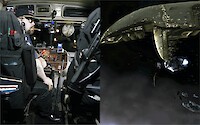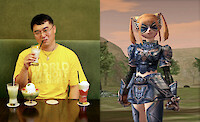There is a paradox inherent in the concept of identity: on the one hand, identity denotes a unity, making it essentialist. On the other hand, identity is not simply given, but is generated in interactive processes. This becomes very clear with virtual identities: when a person enters into virtual spheres, he or she creates an identity that on the one hand "fits" into the social world into which it enters, but on the other hand is sufficiently differentiable to be perceived as an individual. Cultural resources such as body poses, jewelry, clothing, hairstyles, make-up or no make-up etc. are used in these processes.
Francis Müller is a lecturer in sociology and ethnography at the Zurich University of the Arts. He holds lectureships at the University of St. Gallen and the Iberoamericana in Mexico City. Moreover, he is a guest professor at the Pontificia in Valparaíso in Chile.
Authors webpage:
https://www.zhdk.ch/person/11083
Keywords:
#digital, #identity, #style, #symbols, #virtual, #visual

